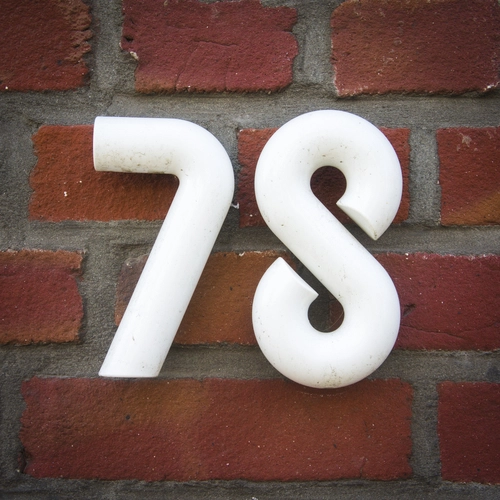Getting Stuck on Modifier Attachment? You Won't When You Know Global Days

Question: Our physician recently excised a benign lesion from a patient. The same patient came back a week later for a separate procedure. Do we need to append a modifier to this second procedure, and if so, which is the best one to use? North Dakota Subscriber Answer: Depending on the size and location of the lesion, you should begin documenting the first part of this scenario by using a code from 11400-11426 (Excision, benign lesion …), 11440-11446 (Excision, other benign lesion …), or 11450-11471 (Excision of skin and subcutaneous tissue …). The second, separate procedure will likely require use of a modifier. Since you don’t specify what the second procedure was, the most obvious modifier to use would be modifier 79 (Unrelated Procedure or Service by the Same Physician or Other Qualified Health Care Professional During the Postoperative Period), according to Mary I. Falbo, MBA, CPC, CEO of Millennium Healthcare Consulting Inc. in Lansdale, Pennsylvania. “Modifier 79,” Falbo explains, “is appended to a procedure code to indicate that the service is an unrelated procedure that was performed by the same physician during a postoperative period.” She goes on to note that “it is important to keep in mind that this modifier resets the global period. A new postoperative period begins when the unrelated procedure is billed.” Marcella Bucknam, CPC, CCS-P, COC, CCS, CPC-P, CPC-I, CCC, COBGC, manager of clinical compliance with PeaceHealth in Vancouver, Washington, identifies two other modifiers that could come into play depending on the circumstances. “If the patient needed a re-excision because it turned out to be cancer and the margins weren’t adequate, modifier 58 (Staged or Related Procedure or Service by the Same Physician or Other Qualified Health Care Professional During the Postoperative Period) might be a better answer,” Bucknam notes. Alternatively, “if the patient developed an infection and had to return because there was an incision and drainage or debridement, then modifier 78 (Unplanned Return to the Operating/Procedure Room by the Same Physician or Other Qualified Health Care Professional Following Initial Procedure for a Related Procedure During the Postoperative Period) might be more appropriate.” Because procedure codes 11400-11471 fall under the category of global surgery packages, a modifier must be attached to them in this scenario. These procedures are defined as packages by CMS as they include “all necessary services normally furnished by a surgeon before, during, and after a procedure.” Because 11400-11471 are minor procedures, CMS assigns them a global period of 11 days (the day of the surgery plus 10 postoperative days). So, as the second procedure occurred seven days after the first, it falls within the 10 global postoperative days allowed, and you’d have to attach one of the three modifiers — either 58, 78, or 79.




